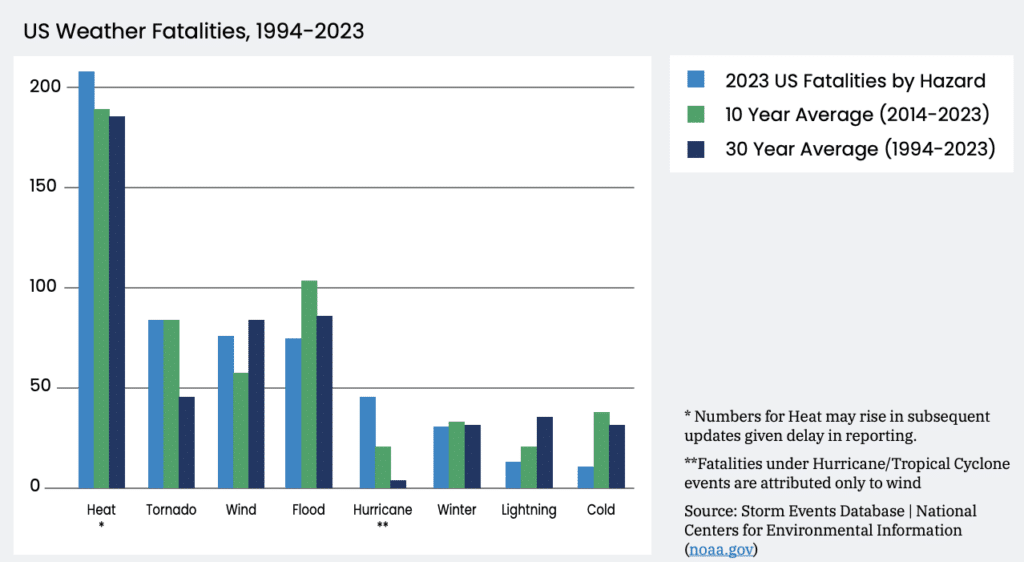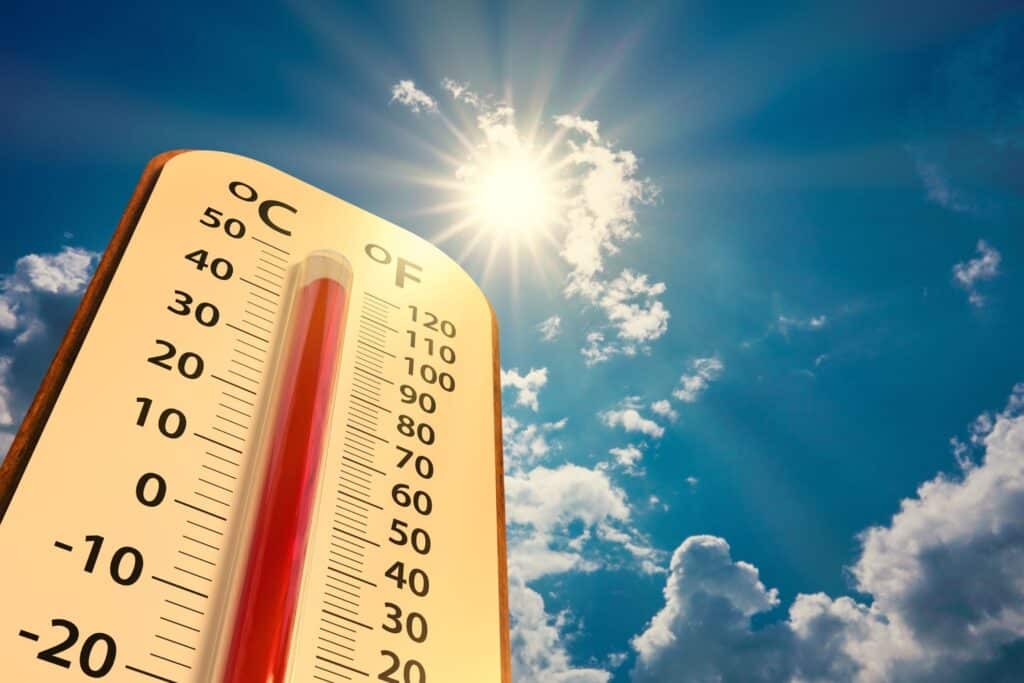As tens of millions of Americans continue to be impacted by extreme weather events across the U.S., President Biden and Vice President Harris are implementing the most ambitious climate agenda in American history and stepping up efforts to help communities become more resilient to the effects of climate change as the effects of extreme weather occurrences worsen. The U.S. Department of Housing and Urban Development (HUD) announced significant steps to safeguard all communities against environmental and health dangers that could have long-term health repercussions as well as to protect more U.S. homes from the damaging effects of excessive heat.
In order to assist communities, HUD has released the excessive Heat “Playbook,” which offers best practices for enhancing community resilience, lessening the effects of excessive heat, and reducing cooling expenses for tenants of public housing. HUD recently created an updated Environmental Justice website that connects communities to HUD initiatives on climate resilient housing, community planning and development, lead and other dangerous toxins, and key HUD programs that promote equitable housing.
“Far too many Americans are being impacted by the harmful effects of extreme heat,” said HUD Acting Secretary Adrianne Todman. “The best practices we are sharing today, advances the Biden- Harris Administration’s national heat strategy and will move us closer towards safer housing, particularly for seniors.”

New Tool Demonstrates How to Prepare and Handle Extreme Heat
With an emphasis on assessing current community strengths, weaknesses, and capabilities; updating policies and protocols to address current and future conditions; lowering cooling costs; and emphasizing the critical importance of resilience amid climate change, given the rise in severe extreme heat events, the Extreme Heat “Playbook” is an actionable guide for planning and implementing measures. In addition to identifying HUD and federal agency funding sources and offering guidance to grantees on how to prepare for and handle extreme heat events, the booklet offers 16 specific ideas and examples to confront skyrocketing temperatures.
The “Playbook” is in line with the recently released excessive Heat Call to Action, the White House Climate Resilience Framework, and the National Heat Strategy, which was created by the Biden-Harris Administration to coordinate a “whole-of-government” response to excessive heat from 2024 through 2030. Building on the success of HUD’s Extreme Heat Quick Guide, which was published in April of last year, it provides communities with the knowledge and skills they need to protect their citizens’ safety, health, and resilience from the effects of extreme heat, especially those who are most susceptible.
HUD recently unveiled an enhanced version of its Environmental Justice webpage, complete with details on the Department’s activities under the Justice 40 Initiative of the Biden-Harris Administration, program collaborations, and other helpful tools and resources pertaining to environmental justice. The recently revised webpage also provides instances of the significant efforts HUD is making to advance environmental justice in all of its programs.
For more information about HUD’s Extreme Heat “Playbook”, click here.






